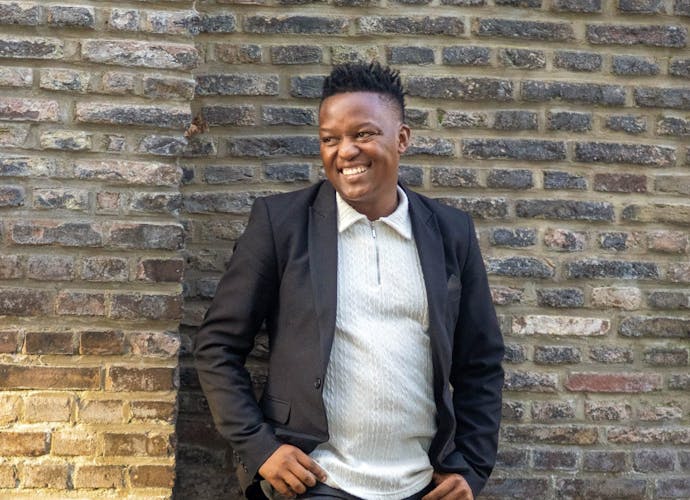South Africa: Promote social cohesion to end xenophobic attacks against African refugees and migrants
Authorities must revive their commitment to promote social cohesion and tolerance amongst communities in order to eliminate xenophobia and racial discrimination against African refugees and migrants, said Amnesty International South Africa, the Consortium for Refugees and Migrants in South Africa and eight other Non-Governmental Organisations today to mark Africa Day.
African refugees and migrants living in South Africa are subjected to frequent xenophobic attacks and other hateful acts, often accused of being criminals or stealing jobs from locals.
“Often, African refugees and migrants suffer human rights abuses in South Africa because of who they are and what they look like without consequence for the perpetrators,” Said Shenilla Mohamed, Executive Director of Amnesty International South Africa.
“Partly, these attacks have been fuelled by a longstanding culture of impunity and reckless leaders who use migrants and refugees as scapegoats for their political grandstanding and service delivery failures.”
On 24 February 2017, residents of Pretoria took to the streets protesting against high inequality, poverty and unemployment blaming them on refugees and migrants in the country. The protests were accompanied by confrontations and violence.
In December 2016, the Executive Mayor of City of Johannesburg Herman Mashaba labelled foreign nationals living in Johannesburg as “criminals” who hijacked the city. He blamed them for the high levels of crime in the city.
In October 2016, the South African cabinet opened the Prevention and Combating of Hate Crimes and Hate Speech Bill for public comment.
Once it becomes law, it will create offences for several forms of discrimination, including on the basis of race, gender, sexual orientation, religion and nationality.
“Poverty cannot be used to justify murder and human rights violations of African refugees and migrants in South Africa. Authorities must ensure that that the law works for all, including refugees and migrants as guaranteed by the constitution,” said Thifulufheli Sinthumule, Advocacy Officer for the Consortium for Refugees and Migrants in South Africa.
“Equally, impunity for past crimes and human rights violations against refugees and migrants must be resolved with perpetrators brought to justice in fair trials.” said Gaudence Uwizeye, Community Practitioner at the Centre for the Study of Violence and Reconciliation.
Background
Africa Day is the annual commemoration of the formation of the Organisation of African Unity (OAU), now known as the African Union (AU) after its formation on 25 May 1963. The day is celebrated in various African countries on the African continent, as well as in other parts of the world with strong historical links with Africa.
To commemorate Africa Day, the 10 Non-Governmental Organisations –Jesuit Refugee Service, Sonke Gender Justice, Coordinating body for Refugee and Migrants Communities, Amnesty International South Africa, Centre for the Study of Violence and Reconciliation, Catholic Refugee Pastoral Care, ProBono.Org, Refugee Children Project, Terre Des Hommes and Consortium for Refugees and Migrants in South Africa, will hold an event to teach and remind communities about their African cultural diversity that unifies Africans and their liberation history in Johannesburg.
On this day, participants will be presented with an opportunity as Africans to reconnect and recommit themselves in supporting and lobbying for all government interventions to develop a better and safer Africa for all irrespective of their nationality, race, gender, ethnicity and language. African music, dance, poetry, speeches and cultural garments display will form part of the commemoration activities.



